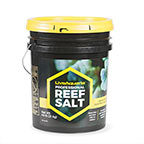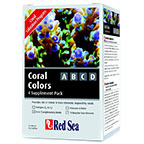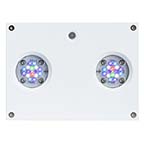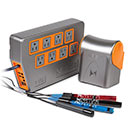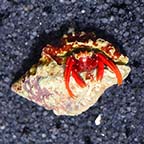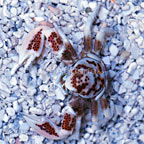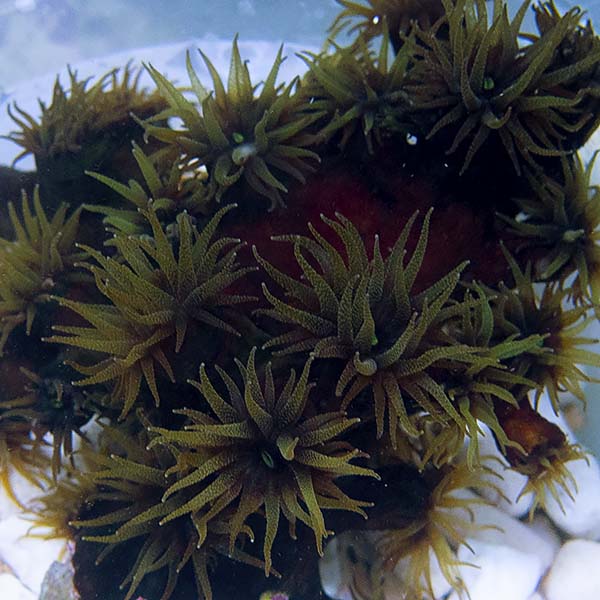
Additional locales and sizes may be available!
Additional locales and sizes may be available! Email me when availableQuick Stats
What do these Quick Stats mean? Click here for more information
What do these Quick Stats mean? Click here for more information
Overview
The Black Tube Coral is a large polyp stony (LPS) coral, also referred to as the Branched Black Tube or Tubastrea Black Sun Coral. It is a very dark olive green to black colonial coral, markedly different than others within the species. It is often found on reef ledges or steep reef slopes in the wild, where it feeds on drifting zooplankton. Its skeleton has tubes branching in all directions.
Be careful when handling the Tube Coral; it can be quite fragile and needs to be picked up by its underside when placing it in the aquarium. A moderate water current combined with low lighting levels will provide a good environment. Usually, it will only expand its polyps in the evening unless it is hungry, when it may expand its polyps during the day.
While it is a hardy coral for the reef aquarium, it is classified as moderately difficult to maintain because it has special dietary needs. It is one of the few corals that does not contain the symbiotic algae zooxanthellae. Instead, it must be regularly fed vitamin-enriched brine shrimp or micro-plankton from an eyedropper directly to each of its polyps to promote rapid polyp budding. It will also benefit from the addition of calcium, strontium, and other trace elements to the water.
Approximate Purchase Size: Small: 1" to 2"; Small/Medium: 2" to 2-1/2"; Medium: 2-1/2" to 3"; Medium/Large: 3" to 4" ; Large: 4" to 5-1/4" ; Extra Large: 5" to 6"




